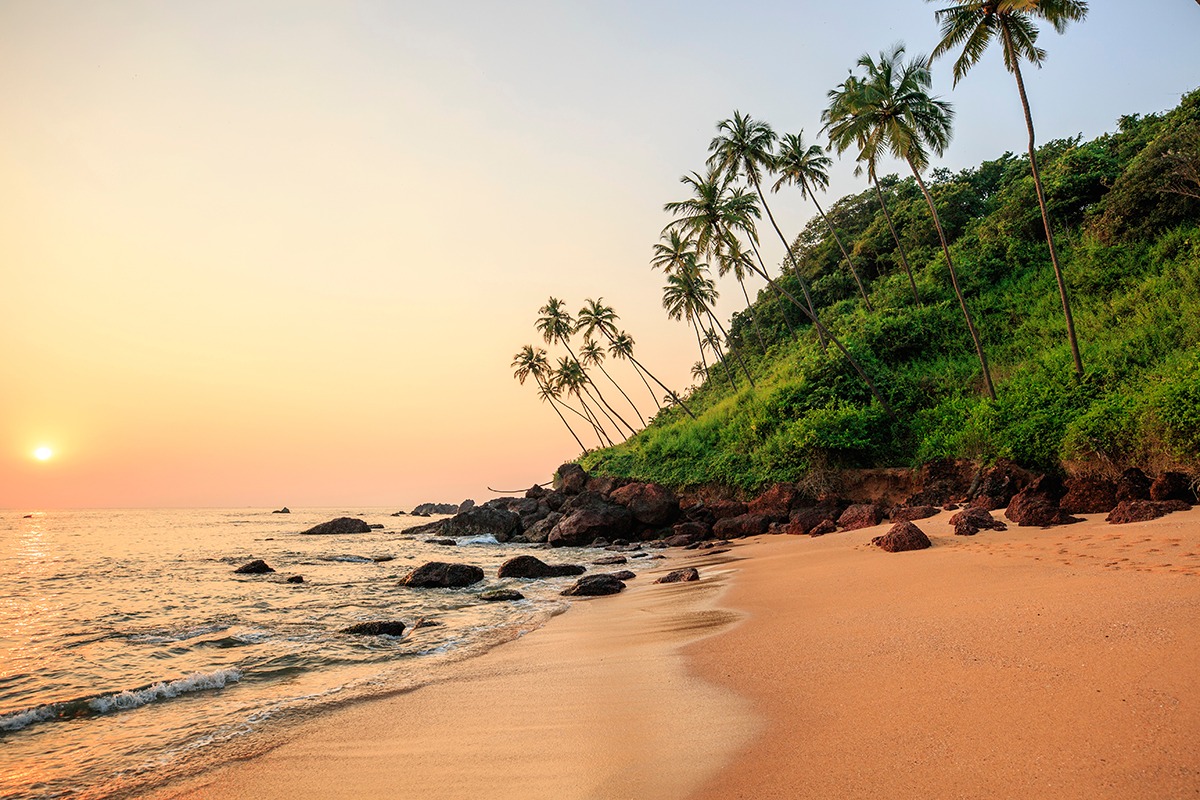Dr Nimit Chowdhary, Professor of Tourism, Department of Tourism and Hospitality Management, Jamia Millia Islamia
Among various predictions made for the new normal of tourism, a few ideas stood out and received approval from futurologists. Post COVID tourism would observe conscious travellers- conscious of their safety and conscious of not harming the nature. This sensibility indicates an emerging trend to travel close to nature and more so to sparsely populated or inhabited places. As travellers are sceptical of travelling with unknowns, particularly in closed spaces, they are opting for self-driven personal travel. With the improved surface infrastructure in India, many enthusiasts, especially the youth, are giving conventional accommodation, particularly the frequented hotels, a miss. They are favouring recreational vehicles and secluded homestays.
COVID has gotten us to the cusp of a widespread overlanding culture as demand for caravanning and self-driven travel increased. The youth is all set to hit the roads and unbox the offbeat leisure experience. While many of them are still experimenting with overlanding, the market has warmed up to the idea. Offering motorhomes is a feasible option mainly because adventurers find remote locations exotic, and setting up a homestay or similar accommodations may not be financially & operationally practical and even environmentally permissible. Foresightedly, the Ministry of Tourism, Government of India introduced a policy for developing caravans and caravan camping parks in 2010. Although many stakeholders appeared skeptical of the policy, Madhya Pradesh and Karnataka initiated and took affirmative steps to promote caravan tourism. Increasingly, state governments have started acknowledging the potential of overlanding and caravanning. Several tourism boards are promoting caravanning culture and infrastructure, either individually or in partnership with private sectors. After realising the intent of the policies, the private sector is quickly refurbishing its travel experience products.
Caravanning can also contribute to reviving the sulking tourism industry. However, an organised caravanning eco-system is essential to make travelling and accommodation safe and affordable in the new normal. It is essential to consider the affordability of the whole concept. So, the campsite’s parking with facilities should be budgeted and widely available, and camping vehicles should be affordable. While exploration and experience are the key takeaways, there are two prerequisites: caravan parking campsites and vehicle fabricators. Since there are no predesigned RVs available from automobile manufacturers in India, enthusiasts are excited about the DIY (Do It Yourself) modification of their existing SUVs.
Entrepreneurialism is about forging opportunities out of challenges. As the demand for caravanning is surging, various tourism companies are eager to capitalise on these opportunities. They have commissioned motorhomes and caravans and advised itineraries to travellers who are seeking unique travel experiences. The sector, to operationalise in the new normal, must realise that tourism must transmogrify. This metamorphosis requires new skill sets. While caravan drivers, attendants and cooks will support the experiences on the move, on-ground service providers like mechanics, cleaners, accessories sellers and repairers, provisions replenishers to assist at parking bays and campsites would be equally crucial. Is the industry willing to make the necessary changes? New products, new skills?
While the idea of holidaying in a caravan excites us today, it is a derivative from Persian kārwān, which meant group travelling. Borrowed by the French as a caravane, it came back as a caravan which is essentially a convoy of travellers. Nowadays, the term is used rather loosely in India for Recreational Vehicles (RVs). In the 1920s, North Americans travellers conceptualised liveable trailers referred to as Tin Can travellers. These became more comprehensive and liveable with time but created a divide- the RVs and the motorhomes. As the industry matured, various RVs emerged with different nomenclatures worldwide. A trailer is a mobile home, attached usually to a 4X4 vehicle, is a Caravan. A vehicle converted into a liveable mobile home is a Camper, and comprehensive mobile homes on large vehicle chassis are known as Motorhomes. There is a trend of converting existing compact vans into Campervans.
In India, these terms are used interchangeably. RVs are legal in India but within limits and with certain restrictions. Getting the vehicle registered is arduous, mainly because RTOs, in most cases, are unaware of the law and the process. The RVs may be registered as Special Purpose Vehicles. Needless to mention that driving an RV, especially in the interiors, is an additional challenge in India.
Crowdsourced information about non-routine offbeat destinations by overlanders will bring them on the tourism radar, taking tourism far and wide. Tourism leadership at the state level needs to take note of this. Only time will tell how the tourism industry rises to the occasion.
Dr Nimit Chowdhary is a Professor of Tourism with the Department of Tourism and Hospitality Management at Jamia Millia Islamia. He has more than 27 years of academic experience, of which he has been a full professor for 15 years in India, China, and Mexico. He has authored 13 books and more than 135 academic papers with many academic awards and recognitions. He has travelled extensively to around 40 countries and almost all states within the country. (Author with Indus in the background)






